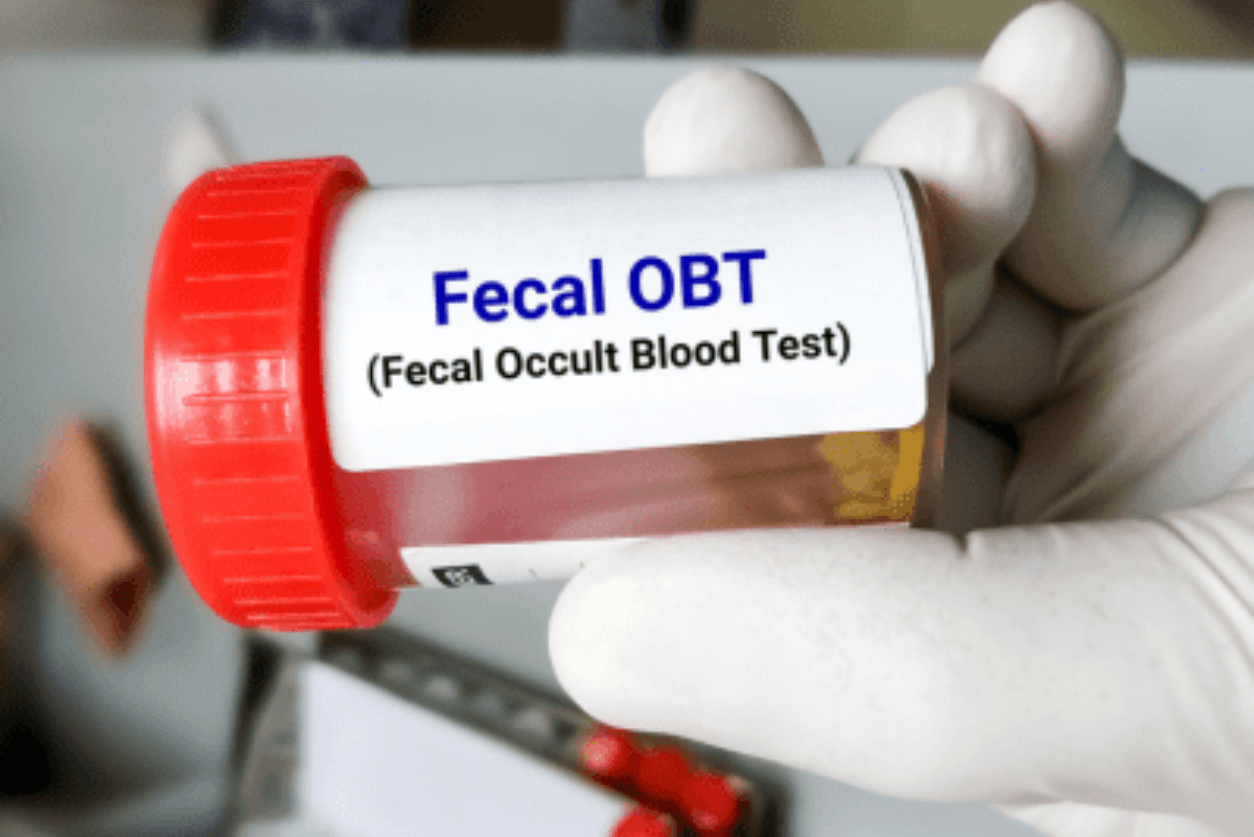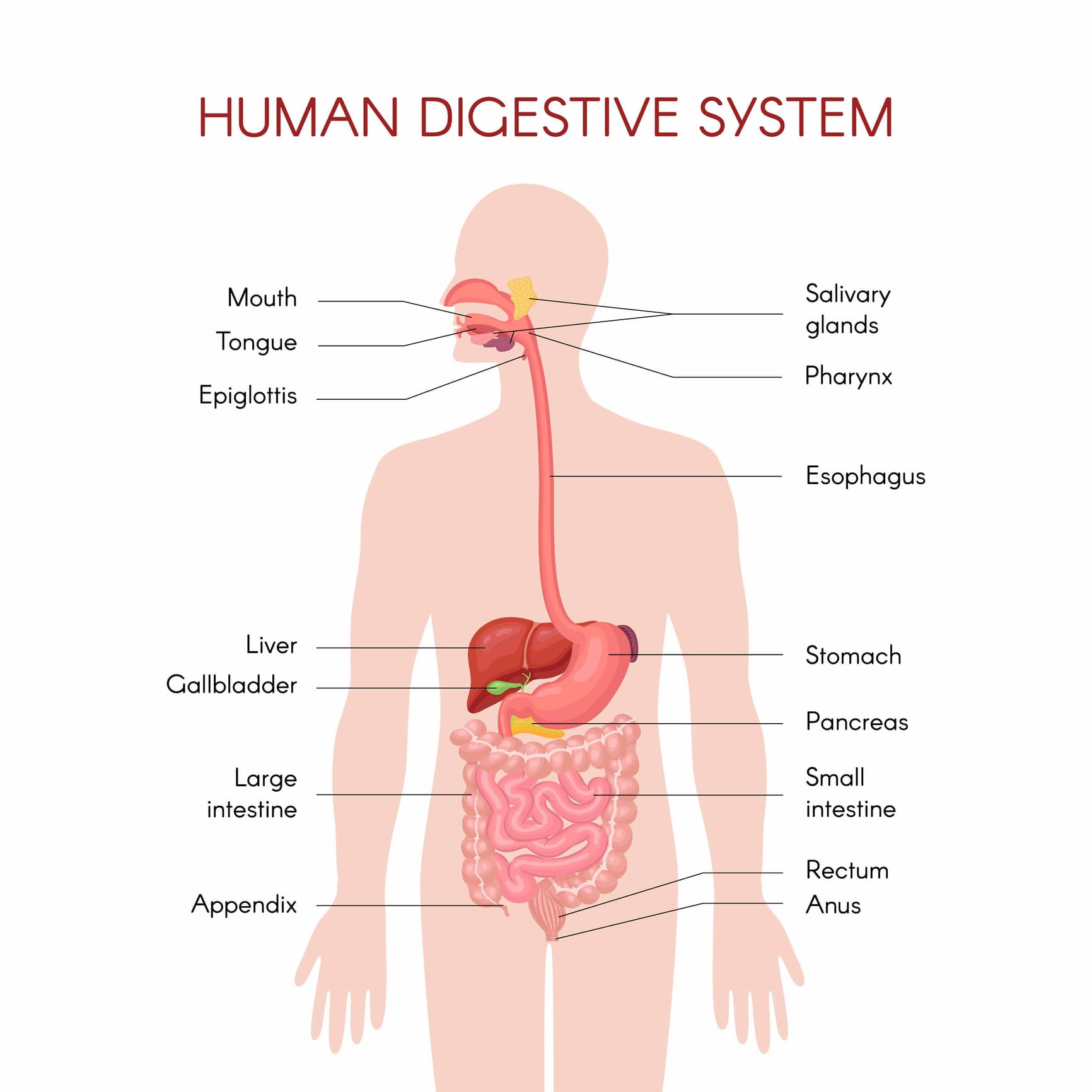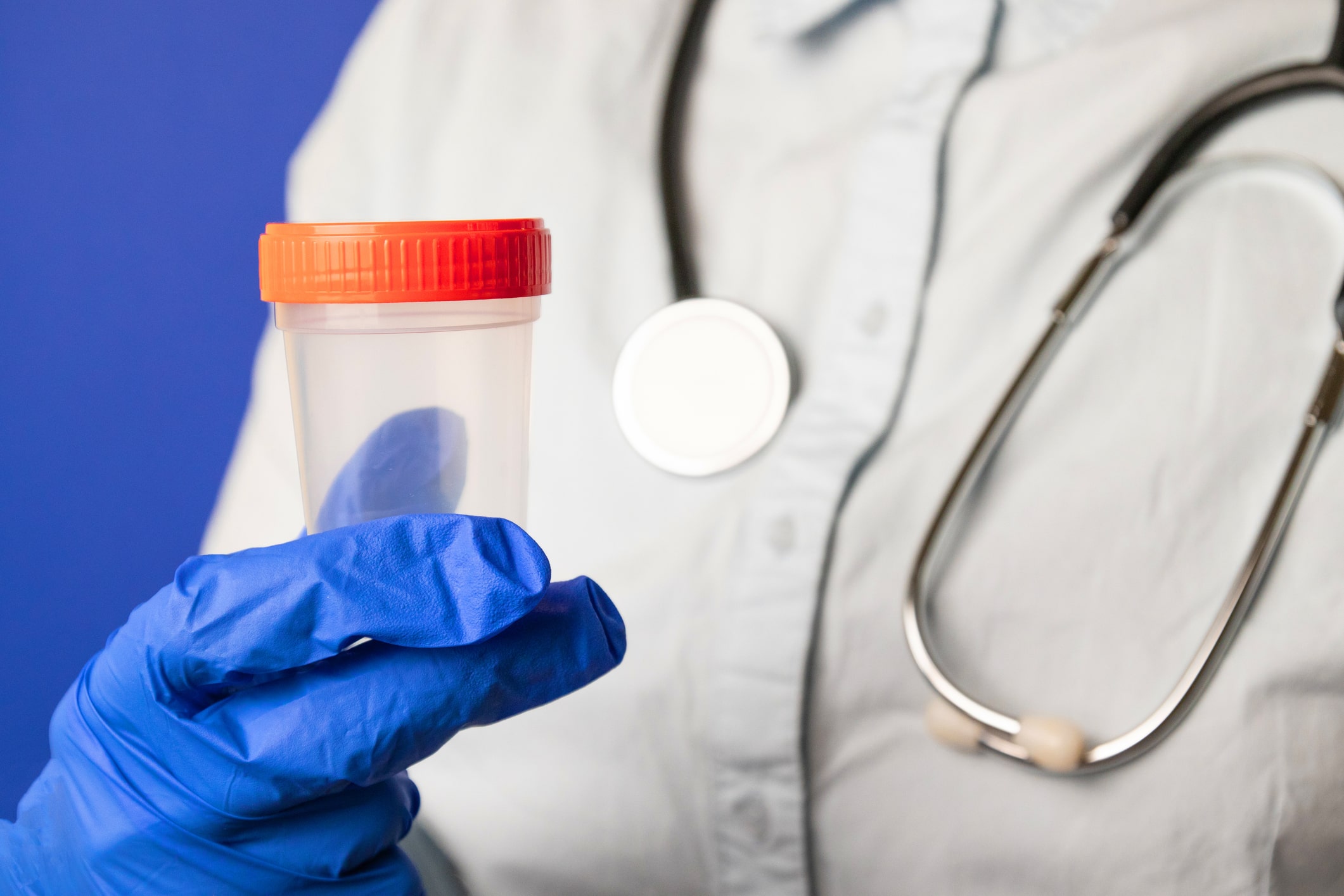
Fecal Occult Blood Test
The human digestive system is a complex network of organs and tissues responsible for breaking down the food we consume, extracting nutrients, and eliminating waste. However, the digestive system can sometimes experience issues that may not be immediately visible to the naked eye. One such concern is the presence of occult, or hidden, blood in the stool—a condition that can signify a range of underlying health problems. A fecal occult blood test (FOBT) is often used as a diagnostic tool to solve this issue.
What is a Fecal Occult Blood Test?
A fecal occult blood test, also known as a stool guaiac or Hemoccult test, is a simple, non-invasive screening procedure that examines stool samples for hidden traces of blood. This test is designed to detect the presence of blood in the digestive tract, which may indicate various conditions, including polyps, hemorrhoids, ulcers, inflammatory bowel diseases, and even colorectal cancer.
When blood is present in the stool, it can trigger a chemical reaction that is detectable through the test. This reaction is facilitated by using a specific chemical, such as guaiac, which is applied to the stool sample. The chemical will change color if blood is present, signaling the need for further investigation.
Types of Fecal Occult Blood Tests
There are several types of fecal occult blood tests available:
- Guaiac Fecal Occult Blood Test (gFOBT): This test uses a chemical called guaiac to detect the presence of blood in the stool. It typically requires stool samples from two or three separate bowel movements.
- Fecal Immunochemical Test (FIT or iFOBT): This test employs antibodies to identify traces of blood in the stool. It is generally considered more effective than the guaiac test in detecting colorectal cancers.
- FIT-DNA Test: This test combines the FIT approach with an analysis of DNA markers associated with colorectal cancer, providing a more comprehensive screening for the disease.
Each type of fecal occult blood test has its own unique advantages and considerations, which your physician will discuss with you to determine the most appropriate option based on your individual needs and risk factors.

Why is a Fecal Occult Blood Test Performed?
The primary purpose of a fecal occult blood test is to screen for colorectal cancer, one of the most common types of cancer in the United States. Colorectal cancer often begins with the formation of precancerous polyps, which can bleed and release trace amounts of blood into the stool. By detecting this hidden blood, the FOBT can help identify the presence of these polyps or other potential issues before they progress to more advanced stages.
It may also be used to:
- Investigate the cause of anemia, a condition characterized by a low red blood cell count or hemoglobin levels.
- Differentiate between irritable bowel syndrome (IBS), which typically does not cause bleeding, and inflammatory bowel diseases (IBD), which are more likely to result in digestive tract bleeding.
- Monitor the progress of known digestive tract conditions, such as ulcers or inflammatory bowel diseases.
Who Should Undergo a Fecal Occult Blood Test?
According to the U.S. Preventive Services Task Force, regular colorectal cancer screening, which can include the fecal occult blood test, is recommended for individuals aged 45 to 75 who are at average risk for the disease. Factors that may increase an individual’s risk for colorectal cancer and warrant more frequent screening include:
- Family history of colorectal cancer or precancerous polyps.
- Personal history of inflammatory bowel diseases, such as ulcerative colitis or Crohn’s disease.
- Presence of specific genetic syndromes, such as Lynch syndrome or familial adenomatous polyposis.
- Lifestyle factors, such as a sedentary lifestyle, obesity, or a diet high in red or processed meats.
Studies have shown that screening tests, such as the FOBT, can help identify colorectal cancer at an earlier, more treatable stage and may even reduce the risk of dying from the disease. Early detection is critical, as colorectal cancer often develops slowly over time, with precancerous polyps forming first before progressing to cancer.
How is a Fecal Occult Blood Test Performed?
The fecal occult blood test is a straightforward, at-home procedure that typically involves the following steps:
- Collecting the Stool Sample: Patients are given a special kit with instructions and materials for collecting a small stool sample. This may involve using a special paper or container to collect the stool.
- Preparing the Sample: Using the provided applicator or brush, the patient will take a small amount of the stool sample and smear it onto a special test card or insert it into a collection tube.
- Labeling and Returning the Sample: The patient will then label the sample as directed and return it to their healthcare provider’s office or a designated laboratory by mail or in person.
It’s important to note that the specific instructions may vary depending on the type of fecal occult blood test used. For example, some tests may require multiple stool samples collected over several days, while others may only need a single sample.

Preparing for a Fecal Occult Blood Test
Usually, no special preparation is required for a fecal occult blood test. Some tests may have specific dietary or medication restrictions that patients should be aware of and discuss with their healthcare providers.
Getting the Test Results
The results of a fecal occult blood test are typically available within a week or two after the sample has been submitted to the laboratory. A positive result indicates the presence of blood in the stool, which may be a sign of an underlying health condition.
It’s important to note that a positive FOBT result does not necessarily mean that the patient has colorectal cancer or any other serious condition.
There are several potential causes for the presence of blood in the stool, including:
- Polyps or growths in the colon or rectum.
- Hemorrhoids.
- Ulcers or other inflammatory conditions in the digestive tract.
- Certain medications, such as NSAIDs, that can irritate the digestive system.
- Certain foods, such as red meat, that can contain traces of blood.
If the FOBT results are positive, your physician will likely recommend additional testing, such as a colonoscopy, to determine the underlying cause of the bleeding and provide a more accurate diagnosis.
Early Detection Starts Here
The fecal occult blood test is a crucial diagnostic tool in the early detection and management of a wide range of gastrointestinal conditions, including colorectal cancer. By identifying the presence of hidden blood in the stool, this simple, at-home test can provide valuable insights into an individual’s digestive system, allowing your physician to take prompt action and implement appropriate treatment or monitoring strategies.
We understand the critical role that early detection plays in maintaining your health and well-being. Contact Gastroenterology of Greater Orlando today to learn more about the fecal occult blood test and how our team of experts can provide you with the tools and resources you need to ensure a brighter, healthier future.